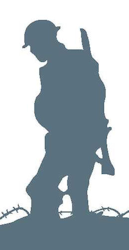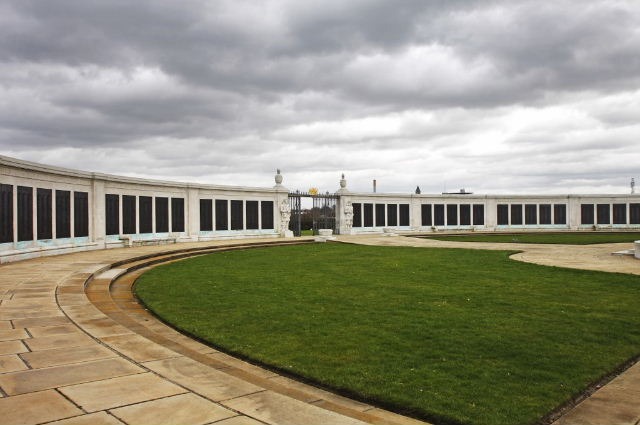Name
Arthur Wells
29 May 1886
Conflict
First World War
Date of Death / Age
22/09/1914
28
Rank, Service Number & Service Details
Stoker 1st Class
SS/102191
(RFR/CH/B/7240). H.M.S. Aboukir
Awards: Service Medals/Honour Awards
Navy Star, British War Medal and Victory medals
Cemetery/Memorial: Name/Reference/Country
CHATHAM NAVAL MEMORIAL
United Kingdom
Headstone Inscription
N/A
UK & Other Memorials
Tring Town Memorial, St Peter & St Paul Church Roll of Honour, Tring, Chatham Naval memorial, Chatham, Kent.
Pre War
Arthur Wells was born on 29 May 1886 in Tring, Herts, the son of William Wells and Eliza (nee Batchelor).
On the 1891 Census the family of parents, Edy (born 1881), Edward, (born 1884), Arthur, Annie (born 1889) and Joseph Henry (born 1891) were living at Bulbourne, Tring, where his father was working as a general labourer and his mother as a strawplaiter.
By the 1901 Census the family of parents, Edward (labourer), Arthur, Annie, Henry (born 1891), Hosea (born 1894), Eric (born 1896) and Cyril (born 1898) had moved to 6,Tring Ford, Tring. His father was working as a threshing engine driver and 14 year old Arthur was an errand boy.
He joined the Royal Navy as a Stoker Class 2 Serial SS/102191 (based at Chatham) on 9 Jan 1906 for five years, promoted to Stoker Class 1 on 22 May 1907 and on completion of his service was transferred to the Royal Fleet Reserve on 9 Jan 1911(Serial B7240).
He married Rose Annie Gertrude Cross on 17 April 1911 in Tring and they had two children, Bertha (1912) and Arthur (1914). They lived at 40 Sheldon Road, Silver Street, Edmonton, London.
Wartime Service
Wartime Service As a Royal Navy reservist Arthur was recalled when the outbreak of war seemed ominous. He served from 13 Jul 1914 and was present at the Battle of Heligoland Bight (28 Aug 1914) and was killed in action on 22 Sep 1914 when his ship, HMS Aboukir, was torpedoed by the German U-boat U9 in the North Sea.
On that morning of the 22nd Sep, the three elderly cruisers Aboukir, Hogue and Cressy were patrolling at 10 knots in line abreast. The German submarine U-9 had been forced to dive and shelter from a storm. On surfacing, she spotted the British warships and positioned herself for an attack. At 06:20, the submarine fired a torpedo that struck Aboukir on the starboard side, flooding her engine room and bringing the ship to a standstill. As no submarine had been sighted, the Aboukir’s captain assumed that she had struck a mine and ordered the other two cruisers to close in to help. After 25 minutes Aboukir capsized, and then sank five minutes later. Her two sister ships closed in to rescue, Hogue was also torpedoed followed soon after by Cressy. By 7.55 the three ships lay beneath the waves together with many of their crews. Arthur’s body was not recovered for burial and his name is commemorated on the Chatham Naval Memorial, Kent.
Additional Information
His widow initially received a pension of 8 shillings a week, which later rose to 18s 6d a week.
Acknowledgments
Brenda Palmer, Neil Cooper
Jonty Wild, tringlocalhistory.org.uk



